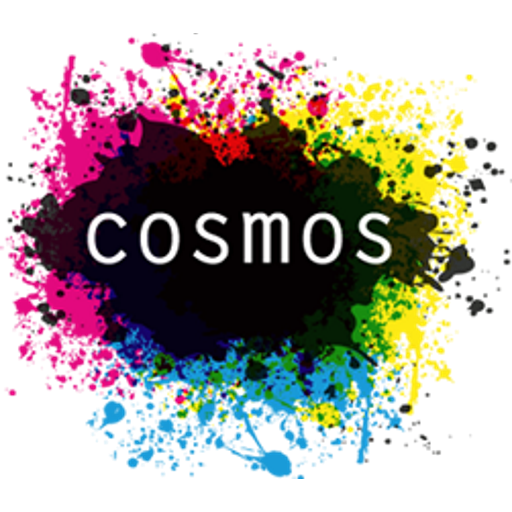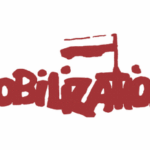Debating the effects of democratization and Europeanization, the general goal of this presentation is to analyse contentious politics in four very similar national environments, the Czech Republic, Slovakia, Hungary, and Poland

Speaker : Prof. Ondrej Cisar | Charles University, Prague Discussants : Dr. Swen Hutter (EUI) and Chiara Milan (EUI)
Debating the effects of democratization and Europeanization, the general goal of this presentation is to analyse contentious politics in four very similar national environments, the Czech Republic, Slovakia, Hungary, and Poland, namely the so-called Visegrad Group (V4). On many accounts, these countries represent a uniform pattern of post-communist transformation, both in political and economic terms. They are typically taken as four cases of a single model of transition political economy, currently conceptualized as the embedded neoliberal regime. Accordingly, their patterns of collective action are usually captured and explained by a single narrative that starts with the quiescent 1990s, followed by the end of patience brought about by the current great recession. In contrast to this perspective, the presentation focuses on differences among the selected countries. Probably surprisingly, given their usual uniform treatment in terms of protest, they do not form a homogeneous group; in fact, the Czech Republic and Slovakia are very different from Hungary and Poland. The presentation concentrates on issue variation, proposes an explanation of the observed differences across the V4 countries, and relates its conclusions to current discussions such as the Europeanization debate.
The talk will take place at the EUI Seminar room (ground floor), Villa Pagliaiuola , Via delle Palazzine 17-19 on the 17th of September from 4:00 PM to 5:30 PM
28/10/2025

14/10/2025

Journal Article - 2025
Journal Article - 2023
Journal Article - 2023
Journal Article - 2023
Journal Article - 2023
Monograph - 2023
Monograph - 2022
Monograph - 2022
Journal Article - 2021
Journal Article - 2021